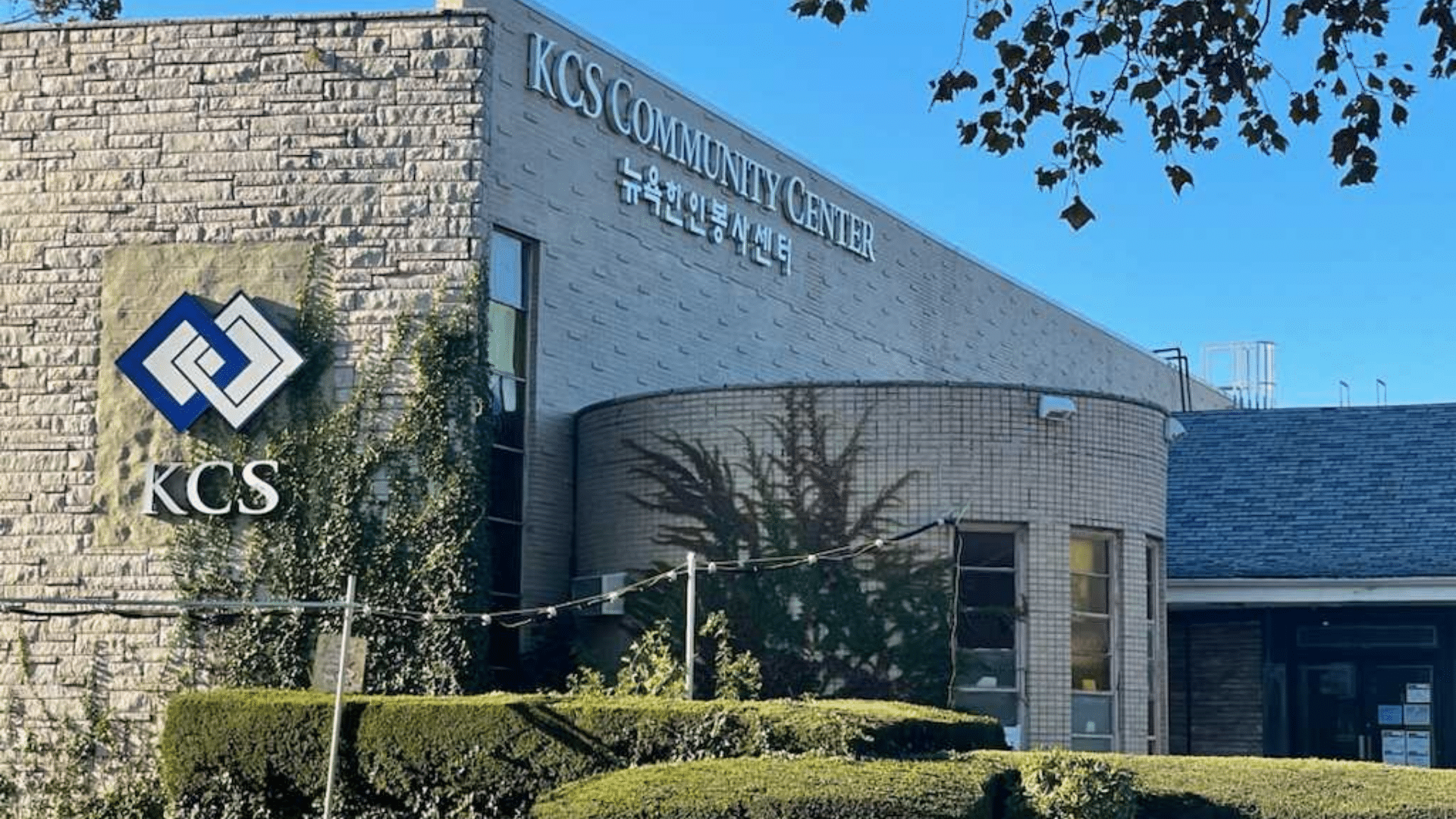As pandemic eases, mental health issues on the rise among Koreans in New Jersey
By Phillip Han, Miju News (Korean Business Journal)
This story was produced as part of a six-month COVID-19 reporting fellowship with NJ ethnic and community media organized by the Center for Cooperative Media at Montclair State University. It has been updated and edited from its original version.
PALISADES PARK, NJ — While COVID-19 pandemic may be winding down, there has been an uptick in the number of Koreans who have been suffering from mental health disorders, according to a Korean community group in New Jersey.
Prolonged social distancing measures to prevent COVID-19 infections, losses of jobs and businesses, lack of immigration documents, and the growing incidents of anti-Asian racism have largely contributed to the deteriorating mental health among Koreans in the state, said community health leaders.
“COVID-19 has been impacting our [Korean] clients in ways that we cannot address in a brief article,” Yuna Youn, interim assistant director of Korean Community Services (KCS) Mental Health Clinic. “It has struck many of them, especially in the Korean context of physical and emotional safety, their ability to survive financially, and as members of their community.”
Because most Korean families, including children, parents and grandparents, live together, the prolonged pandemic—which has prevented them from going out and interacting socially—hurt their quality of life, resulting in depression or anxiety.
Young children have become more computer-dependent, reducing their time to interact face to face with other students on a daily basis.
“Classes were done indoors, and the elderly were also locked inside their homes to keep them safe. For about a year and a half, they have all been together at the same time and in the same space,” added Youn.
And when anxiety is high, Youn added, some Koreans have re-lived their past and ongoing trauma, particularly those who are undocumented immigrants.
“It has, therefore, impacted their sense of belonging to this country and their immediate surroundings as they witnessed so much loss and destruction,” she said.
Notably, as cases of physical attacks against Asian have risen since the pandemic, KCS health leaders also said that those violent incidents that they have seen on television or read in the newspaper have also impacted their mental well-being.
NJ Gov. Murphy weighs in
In an exclusive meeting with ethnic media, organized by the Center for Cooperative Media, New Jersey Governor Phil Murphy noted that the coronavirus has affected immigrants and communities of color at a disproportionate rate.
“Mental strains are felt the most at a very high level due to the pandemic, and are overwhelmingly widespread in communities of color and immigrant communities,” Murphy said in October.
He believed that the high incidence of mental difficulties among immigrants in the state could also be attributed to the lack of access to mental health information.
“We ought to be thinking even more broadly about getting that mental health information and resources to communities where we know that they are suffering,” Murphy said.
Older Koreans are more vulnerable
Joon Joa Park, a therapist and director of KCS Mental Health Clinic, who has directly conducted counseling for Koreans facing mental health difficulties during the pandemic, said that those in their mid-50s and older have been more vulnerable.
“These are Koreans who have lost their businesses, mostly in the restaurant industry, due to the pandemic. Some of them have lost their employment for a long time,” said Park. “The stress level has been extremely high when they found themselves in this kind of financial uncertainty.”
But the situation has worsened when individuals with mental health concerns could not even seek help from other people.
“As exchanges with people were cut off, the feeling of alienation deepened,” Park added. “Many of them have felt isolated and depressed.”
(Photo caption: Korean Community Services says that cases of depression and anxiety are up among Koreans in the NJ area since the pandemic started in March 2020. Photo by Phillip Soongyun Han.)

